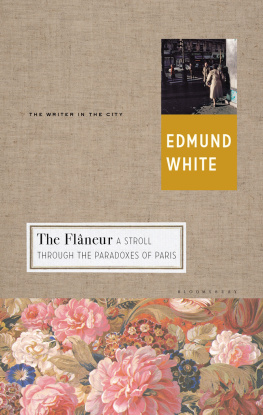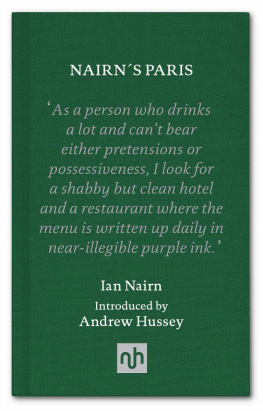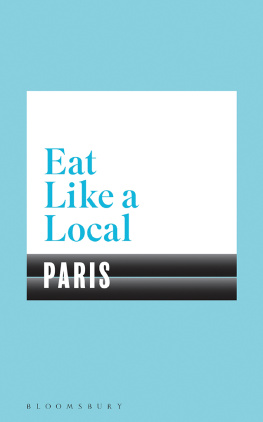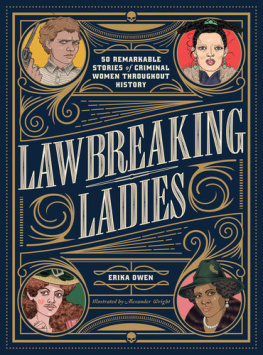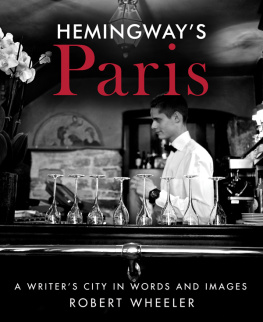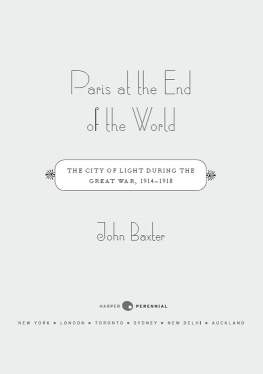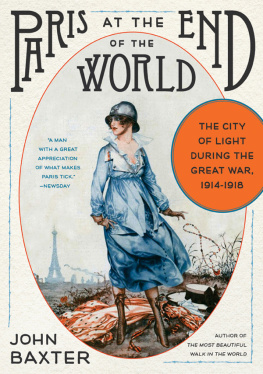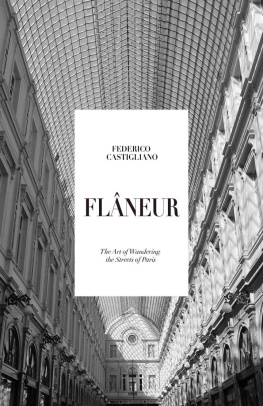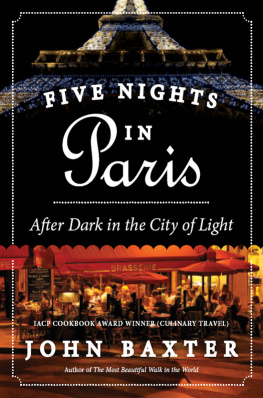EDMUND WHITE is the author of many novels, including the classic A Boys Own Story and most recently Jack Holmes and His Friend; three previous memoirs, My Lives, City Boy and Inside a Pearl; biographies of Jean Genet, Marcel Proust and Arthur Rimbaud; and several other works of non-fiction. He lives in New York City and teaches writing at Princeton University.
Forgetting Elena
The Joy of Gay Sex (coauthored)
Nocturnes for the King of Naples
States of Desire: Travels in Gay America
A Boys Own Story
The Beautiful Room Is Empty
Caracole
The Darker Proof: Stories from a Crisis
Genet: A Biography
The Burning Library: Essays
Our Paris: Sketches from Memory
Skinned Alive: Stories
The Farewell Symphony
Marcel Proust: A Life
The Married Man
Fanny: A Fiction
Arts and Letters: Essays
My Lives: A Memoir
Chaos: A Novella and Stories
Hotel de Dream
Rimbaud: The Double Life of a Rebel
City Boy: My Life in New York During the 1960s and 70s
Sacred Monsters: New Essays on Literature and Art
Jack Holmes and His Friend
Inside a Pearl: My Years in Paris

Bloomsbury USA
An imprint of Bloomsbury Publishing Plc
1385 Broadway | 50 Bedford Square |
New York | London |
NY 10018 | WC1B 3DP |
USA | UK |
www.bloomsbury.com
BLOOMSBURY and the Diana logo are trademarks of
Bloomsbury Publishing Plc
First published 2001
This edition published 2015
Edmund White, 2001
All rights reserved.
You may not copy, distribute, transmit, reproduce or otherwise make available this publication (or any part of it) in any form, or by any means (including without limitation electronic, digital, optical, mechanical, photocopying, printing, recording or otherwise), without the prior written permission of the publisher. Any person who does any unauthorised act in relation to this publication may be liable to criminal prosecution and civil claims for damages.
No responsibility for loss caused to any individual or organization acting on or refraining from action as a result of the material in this publication can be accepted by Bloomsbury or the author.
ISBN: HB: 978-1-63286-377-5 ePub: 978-1-63286-628-8
Library of Congress Cataloging-in-Publication Data has been applied for.
To find out more about our authors and books visit www.bloomsbury.com. Here you will find extracts, author interviews, details of forthcoming events and the option to sign up for our newsletters.
The author gratefully acknowledges Michael Carrolls editorial suggestions and loving support, Liz Calders patience, Catherine Luptons research skills and Jean-Jacques Aillagons generosity in opening previously closed doors. Marie-Claude de Brunhoff has given constant encouragement and very concrete help. It is she who has accompanied every step in the authors Paris wanderings over the last twenty years.
To Marilyn Schaefer, my favourite flneur
If I were to say, as I believe, that kindliness is the distinguishing characteristic of Parisians, I am afraid I should offend them. I dont want to be kind!
Stendhal, Love
Ive been thinking, I should have come back to Canada with you as another distressed Canadian.
But you wouldnt. You were in love with Paris. You thought it was the Great Good Place. Well, its not. You were in love with a dream.
I see he was right. It was a dream of excellence and beauty, one that does not exist anywhere in real life. Montparnasse and its people came very close to it. But no city or society in the world, even the Paris of those days, can realize the elusive dream I had.
John Glassco, Memoirs of Montparnasse
Having lived in Paris unfits you for living anywhere, including Paris.
John Ashbery (quoted in The Last Avant-Garde by David Lehman)
CONTENTS
Paris is a big city, in the sense that London and New York are big cities and that Rome is a village, Los Angeles a collection of villages and Zrich a backwater.
A reckless friend defines a big city as a place where there are blacks, tall buildings and you can stay up all night. By that definition Paris is deficient in tall buildings; although President Pompidou had a scheme in the sixties and early seventies to fill Paris with skyscrapers, he succeeded only in marring the historic skyline with the faulty towers of a branch university, Paris VII at Jussieu (which was recently closed because it was copiously insulated with asbestos), the appalling Tour Montparnasse and the bleak wasteland of the office district, La Dfense.
La Dfense has few apartment dwellers other than Africans and the rootless, whereas the young white middle class for whom it was intended are all off living in the restored Marais district with its exposed beams and period fireplaces. La Dfense went directly from being futuristic to being pass without ever seeming like a normal feature of the present.
Honestly, instead of like a normal feature of the present I almost wrote without ever being inscribed within the interior of the present. Thats how much Ive been submerged in contemporary French nonfiction. I frequently have to stop and ask myself how a human being might put the same idea. When I was young in the 1950s and 60s, college-age Americans with intellectual pretensions made the pilgrimage to St Germain, the Sorbonne and such Left Bank nightclubs as La Rose Rouge (young gays chose a different colour, La Reine Blanche). The quickness of Parisian thought and especially its authoritative tone thoroughly intimidated young foreigners of every nationality in those days and I was one of them. Americans had the additional thrill of being despised, since nearly 40 per cent of the French populace (and virtually all intellectuals) still voted Communist. The hatred was not reciprocated. Americans had always loved Paris; one French study, Paris dans la littrature amricaine by Jean Meral, lists two hundred American novels about Paris written between 1824 and 1978.
In the 1950s American and British students admired and read Sartre and Camus and, if they were religious, Merleau-Ponty because their own philosophers back home had dismissed all metaphysical and most moral questions as either nonsense or irrelevant to philosophys true concerns. Romantic young people, of course, turn to philosophy for nothing but a metaphysical chill or a moral conflagration. The prevailing school of language philosophy in the English-speaking world presented little to stir the soul or fire the imagination of young Romantics. French philosophy, on the other hand, was involving because it was sternly ethical: the individual was responsible for all his actions and through the least concession to convenience or smugness could easily start living a lie and fall into the dreaded pit of mauvaise foi. All writers and thinkers everywhere, moreover, were called on to play a role in society, to be engag or committed.
Pariss role as a generator of ideas, as well as of manners and fads and fashions, also contributes to its status as a big city. Small cities dont set standards in international morality, not as Paris has done since the eighteenth century when les philosophes redefined the social contract and Voltaire defended a convicted criminal named Jean Calas who he was convinced was innocent. Voltaire was right and succeeded in clearing Calas name and winning Paris a worldwide reputation as a place where justice would triumph at least if a famous writer could be convinced to embrace the cause. A century later the novelist mile Zola proved the rule by taking up the trampled banner of Alfred Dreyfus, a Jewish officer in the French army whod been convicted by an anti-Semitic military court of selling secrets to Germany. In 1894 Dreyfus was sent off to Devils Island, French Guiana; he was freed and eventually rehabilitated only years later after Zola reopened the case in the press. (An image of his famous front-page newspaper article JAccuse!, an open letter to the President of the Republic, was projected in its entirety on the front of the National Assembly on the night of 13 January 1998, commemorating the centennial of the historical event.)

